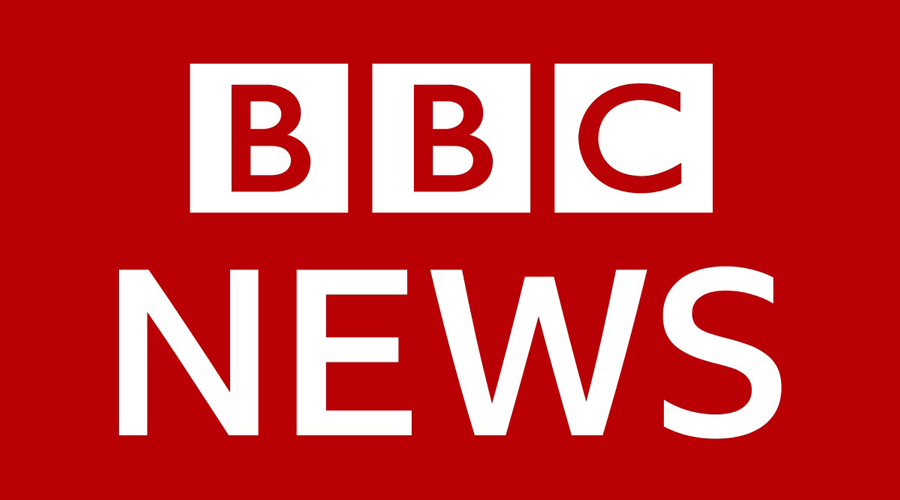Notwithstanding the opposition's demand to screen the BBC documentary on Gujarat riots in the Assam Assembly, the House on Tuesday passed a resolution seeking action against the broadcaster for "malicious and dangerous" agenda propagated through 'India: The Modi Question'.
Raising the issue through Private Members' Resolution, BJP MLA Bhubon Pegu alleged that BBC has questioned India's free press, judiciary and the legitimacy of its democratically elected government in the two-part documentary film.
Opposing the resolution, CPI(M)'s Manoranjan Talukdar said, "The topic of this resolution does not relate to Assam. None of us has watched it. I guess Pegu has watched it and that is why he brought this resolution. It would have been good if we could also watch it with him." Opposition members supported him and demanded a screening of the film in the House before any discussion on the resolution.
Congress MLA Sherman Ali Ahmed, Independent member Akhil Gogoi and AIUDF legislator Karim Uddin Barbhuiya demanded that Speaker Biswajit Daimary allow showing the film to understand its content and then have a discussion on the resolution.
After the documentary’s broadcast in January this year, the Narendra Modi government ordered YouTube and Twitter to remove its video links.
Pegu claimed that the timing of the film revealed a calculated attack on the image of Modi and the country as G20 meetings are being organised across the nation under India's presidency.
He also termed the Gujarat riots as a "spontaneous reaction" to the Godhra train carnage, in which more than 50 kar sevaks were killed.
"India has crossed the UK's economy and became the fifth largest global economy. The BBC cannot digest that, so they are trying to defame us. An international conspiracy is happening against India," Pegu said.
He demanded the "strictest possible" action against the BBC for its "malicious and dangerous agenda to instigate religious communities and flare religious tension" by airing the documentary.
Supporting him, Chief Minister Himanta Biswa Sarma said the Supreme Court after examining all aspects of the Gujarat riots of 2002 gave a clean chit to Modi.
"The subject is related to Assam also as BBC questioned the Indian judiciary. We live in a globalised forum. The timing is very important. The release date could have been before the SC verdict also. Did the BBC criticise Jallianwala Bagh or Patharughat?" he asked.
At Patharughat in Assam’s Darrang district, 140 people were killed and hundreds of others were injured as the police fired on peasants who were protesting against increased land tax on January 28, 1894.
Sarma said criticising the Prime Minister by opposition leaders is an internal matter and the BJP government has no objection to that, but foreign media like the BBC criticising Modi and Indian judiciary after the SC judgement is a "challenge to India".
Opposing the resolution, Leader of the Opposition Debabrata Saikia said it will affect the free press and freedom of expression, which is a fundamental right guaranteed by the Indian Constitution.
On this, Sarma said fundamental rights are for the Indian citizens, but not for BBC.
Trying to connect the alleged international conspiracy, Pegu without naming Rahul Gandhi said one Congress leader went to a foreign country and claimed that Indian democracy is at stake.
This led to a noisy scene with the Congress members opposing the statement by the ruling BJP MLA, who was supported by the treasury bench legislators.
Saikia said BBC in 2010 released a documentary on the anti-Sikh riots of 1984, and Modi in 2013 had claimed that the UK-based media outlet was more dependable than Doordarshan and All India Radio.
"The then Congress government did not ban it and did not unleash ED, CBI against the media for writing negative news. The Congress had accepted its mistakes and made a Sikh the Prime Minister," he said referring to Manmohan Singh.
He also highlighted that India's position in the World Press Freedom Index has slipped to 150 out of 180 nations and this indicates how the media is treated in the country nowadays.
As soon as the House passed the resolution by voice vote, the entire opposition staged a walkout shouting against the proposal.
Except for the headline, this story has not been edited by The Telegraph Online staff and has been published from a syndicated feed.

